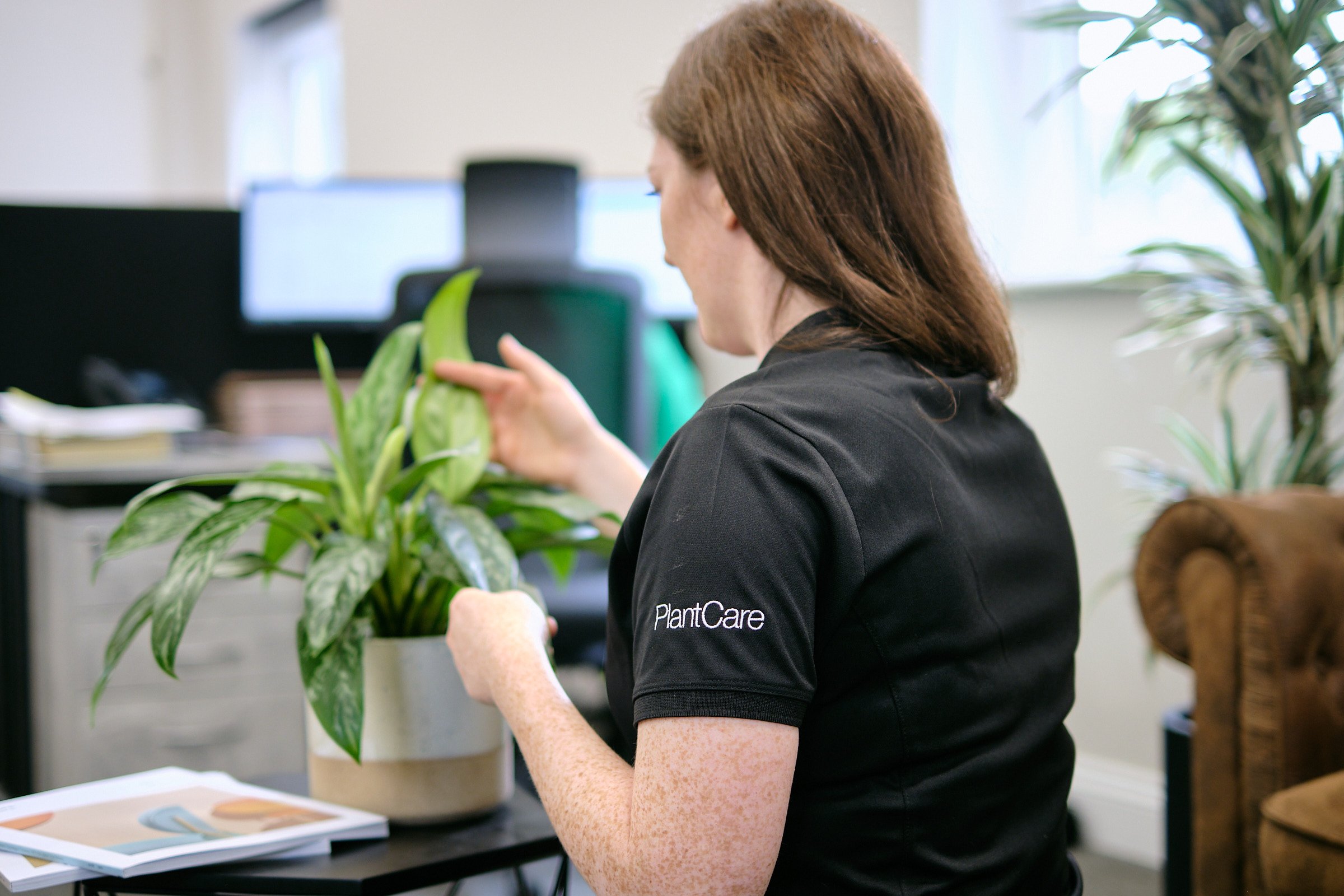“`html
The Green Careers: A Comprehensive Guide to plant Jobs
The Green Careers: A Comprehensive Guide to Plant Jobs
The world is increasingly recognizing the importance of sustainability and environmental stewardship. As a result, the demand for professionals with expertise in plant science, horticulture, and related fields is on the rise. If you have a passion for plants and a desire to contribute to a greener future, a career in this sector might be the perfect fit. This comprehensive guide explores a wide range of plant jobs, from traditional roles to emerging specializations, providing insights into the responsibilities, required skills, and career paths available.
Understanding the Plant Job Landscape
The plant industry is diverse, encompassing various sectors such as agriculture, horticulture, landscaping, research, and conservation. Understanding the different areas can help you identify the career path that aligns with your interests and skills.
Agriculture and Crop Production

Agriculture is the cornerstone of food production, and plant-related jobs in this sector are essential for ensuring global food security. These roles often involve working with crops, managing farms, and implementing sustainable agricultural practices.
Horticulture and Landscaping
Horticulture focuses on the cultivation and management of plants for aesthetic and functional purposes. Landscaping, a subset of horticulture, involves designing and maintaining outdoor spaces. These fields offer opportunities for creative individuals with a passion for plants and design.
Plant Science and Research
Plant scientists conduct research to understand plant biology, genetics, and physiology. Their work contributes to advancements in agriculture, medicine, and environmental conservation. These roles often require advanced degrees and specialized knowledge.
Environmental Conservation and Restoration
Environmental conservation and restoration professionals work to protect and restore natural ecosystems. Their work involves managing plant populations, restoring habitats, and promoting biodiversity.
Traditional Plant Jobs

These are the established roles that have been essential to the plant industry for generations.
Farmer/Agricultural Manager
Farmers are responsible for cultivating crops and raising livestock. They manage farm operations, including planting, harvesting, and marketing. Agricultural managers oversee larger farms or agricultural businesses, coordinating production, finances, and personnel.
Gardener/Groundskeeper
Gardeners and groundskeepers maintain lawns, gardens, and landscapes. They perform tasks such as planting, pruning, mowing, and fertilizing. These roles require a strong understanding of plant care and maintenance.
Florist
Florists design and arrange floral displays for various occasions. They select flowers, create bouquets and arrangements, and provide customer service. This profession combines artistic skills with knowledge of plant materials.
Nursery Worker
Nursery workers cultivate and care for plants in nurseries or greenhouses. They propagate plants, transplant seedlings, and maintain growing conditions. These roles require attention to detail and a passion for plant care.
Specialized Plant Jobs
These roles require specialized knowledge and skills in specific areas of plant science and horticulture.
Plant Breeder
Plant breeders develop new varieties of plants with desirable traits, such as increased yield, disease resistance, or improved nutritional content. They use techniques like cross-pollination and genetic selection to create new cultivars.
Plant Pathologist
Plant pathologists diagnose and manage plant diseases. They identify pathogens, such as fungi, bacteria, and viruses, and develop strategies for disease control. This profession requires a strong understanding of plant pathology and microbiology.
Soil Scientist
Soil scientists study the physical, chemical, and biological properties of soil. They analyze soil samples, assess soil fertility, and recommend soil management practices. This profession is crucial for sustainable agriculture and environmental conservation.
Arborist
Arborists specialize in the care of trees and shrubs. They perform tasks such as pruning, trimming, and disease diagnosis. Arborists often work in urban environments, maintaining the health and safety of trees.
Hydroponics/Aquaponics Specialist
Hydroponics and aquaponics specialists manage soilless growing systems. They monitor nutrient solutions, maintain water quality, and optimize growing conditions. These roles are becoming increasingly important in urban agriculture and controlled environment agriculture.
Restoration Ecologist
Restoration ecologists work to restore degraded ecosystems. They develop and implement restoration plans, manage plant populations, and monitor ecosystem health. This profession requires a strong understanding of ecology and plant science.
Emerging Plant Jobs
These are the new and evolving roles that are driven by technological advancements and changing societal needs.
Urban Farmer
Urban farmers cultivate crops in urban environments, such as rooftops, vacant lots, and vertical farms. They use innovative techniques like hydroponics and vertical farming to maximize production in limited spaces.
Controlled Environment Agriculture (CEA) Technician
CEA technicians manage indoor growing facilities, such as greenhouses and vertical farms. They monitor environmental conditions, such as temperature, humidity, and light, and optimize growing conditions for plants.
Plant-Based Food Scientist
Plant-based food scientists develop and improve plant-based food products. They research plant proteins, develop new formulations, and ensure product quality. This profession is driven by the growing demand for plant-based alternatives to animal products.
Plant Data Analyst
Plant data analysts use data analytics tools to analyze plant growth and performance data. They identify trends, optimize growing conditions, and improve crop yields. This profession is becoming increasingly important in precision agriculture and CEA.
Green Roof/Living Wall Specialist
Green roof and living wall specialists design and install green roofs and living walls. They select appropriate plant species, maintain growing systems, and ensure the long-term health of these installations.
Skills and Education for Plant Jobs
The skills and education required for plant jobs vary depending on the specific role. However, some common skills and qualifications include:
Education
A bachelor’s degree in plant science, horticulture, agriculture, or a related field is often required for specialized roles. Some roles may require advanced degrees, such as a master’s or doctorate.
Technical Skills
Technical skills in plant identification, propagation, and care are essential for many plant jobs. Knowledge of agricultural equipment, software, and data analysis tools is also valuable.
Soft Skills
Soft skills, such as communication, problem-solving, and teamwork, are crucial for success in any plant job. The ability to work independently and manage time effectively is also important.
Passion for Plants
A genuine passion for plants and a commitment to environmental stewardship are essential for a fulfilling career in this sector.
Career Paths and Opportunities
The plant industry offers a wide range of career paths and opportunities for growth. Whether you are interested in hands-on work in the field or research and development in a laboratory, there is a plant job that aligns with your interests and skills.
Entry-Level Positions
Entry-level positions, such as gardener, nursery worker, and agricultural technician, provide opportunities to gain hands-on experience and develop essential skills.
Mid-Level Positions
Mid-level positions, such as farm manager, horticulturist, and plant breeder, offer greater responsibilities and opportunities for career advancement.
Senior-Level Positions
Senior-level positions, such as research scientist, environmental consultant, and agricultural director, require advanced degrees and extensive experience.
The Future of Plant Jobs
The future of plant jobs is bright, driven by the growing demand for sustainable food production, environmental conservation, and urban greening. Technological advancements, such as precision agriculture, CEA, and plant-based food technology, are creating new opportunities and transforming the plant industry.
As the world faces challenges such as climate change, food security, and biodiversity loss, the role of plant professionals will become increasingly important. By pursuing a career in this sector, you can contribute to a greener and more sustainable future.
“`


